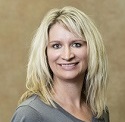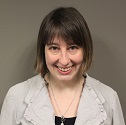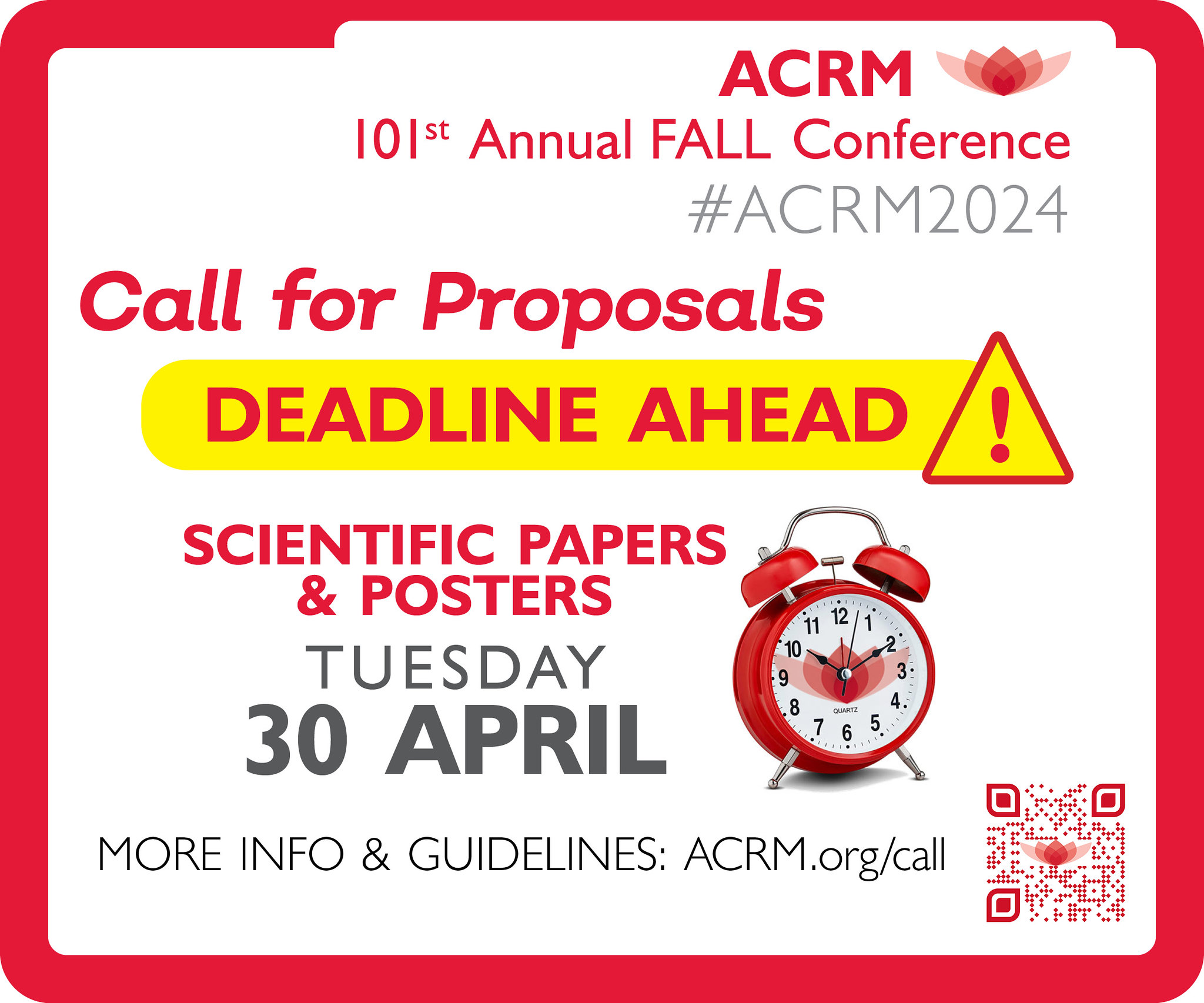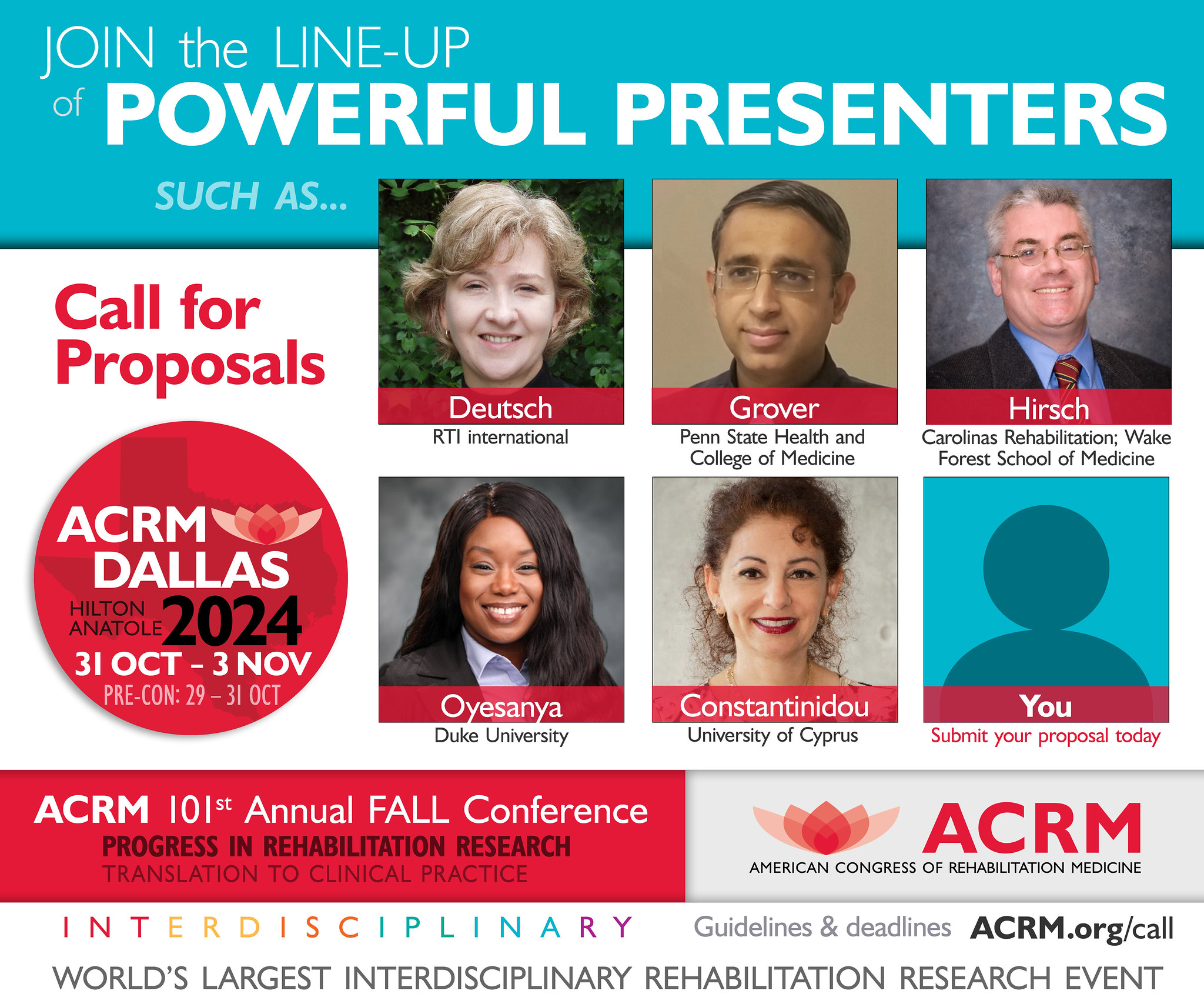MNG Task Force Updates
APPLIED COGNITION & TBI TASK FORCE
The Applied Cognition & TBI Task Force is continuing its mission to address cognitive rehabilitation research needs related to cognitive outcomes, tools, and measurements. The AC TBI Task Force is almost four years old, has about 10 active members working diligently on a TBI pharmacological measurement and outcomes evidence synthesis and review project.
Co-Chairs
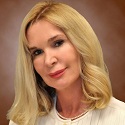
Patricia Heyn, PhD, FACRM
CO-CHAIR
Associate Professor
University of Colorado Anschutz Medical Campus
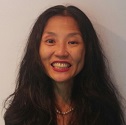
Sonya Kim, PhD, CRC, BCB
CO-CHAIR
Research Scientist and Assistant Professor, Department of Neurology & Department of Rehabilitation Medicine
New York University School of Medicine
Updates & Opportunities
We are currently working on evaluating more than 60 systematic reviews/meta-analysis of pharmacological interventions for traumatic brain injury (from peds to adult) to appraise key outcomes related to rehabilitation and the quality of the published reviews. We have already generated and published a scoping review report and we are in the process to evaluate this unique database, based on data extracted from the included reviews, to generate a practice guideline report.
Look out for our accepted manuscript from our work this past year:
Kim S., Mortera, M., Hu, X., Krishnan, S., Hoffecker, L., Herrold, A., Terhorst, L., King, L., Machtinger, J., Zumsteg, J., Negm, A., & Heyn, P. Overview of Pharmacological Interventions after Traumatic Brain Injuries: Impact on Selected Outcomes. Brain Injury. (Forthcoming.)
JOIN US!
We are currently welcoming NEW members for 2019 to help us with the new report development. The database is original and new members might bring new insight on how to better analyze the database. If you are interested in participating, please join us and contact Co-Chair, Patricia Heyn, for more details about the task force’s current developments and meeting dates.
APPLIED COGNITION & GERIATRICS TASK FORCE
The Applied Cognition and Geriatrics Task Force continues to make progress towards its mission to evaluate cognitive geriatric related rehabilitation research, in terms of outcomes, tools and measurement with the goal to translate evidence into practice. The Task Force was formed nearly 4 years ago by a diverse group of nationally and internationally represented rehabilitation researchers.
Chair
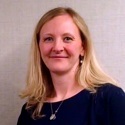
Sandra Kletzel, PhD
CHAIR
Research Health Scientist
Edward Hines Jr. VA Hospital
Updates & Opportunities
Our group continues to publish; our article “Non-immersive Brain Gaming for Older Adults with Cognitive Impairment – A Scoping Review” is in press in The Gerontologist. We are currently following up with our review of brain gaming for older adults with cognitive impairment by evaluating the accumulating evidence via a systematic review and meta-analysis.
Join Us!
We are currently welcoming new members for 2019 to help us target new areas of interest for the group. If you are interested in participating, please join us and contact Sandra Kletzel for more details about the Taskforce, current developments, and meeting dates.
Check out our forthcoming article: Non-immersive Brain Gaming for Older Adults with Cognitive Impairment: A Scoping Review. Authored by Sood, Pallavi; Kletzel, Sandra; Krishnan, Shilpa; Devos, Hannes; Negm, Ahmed; Hoffecker, Lilian; Machtinger, Joseph; Hu, Xiaolei; Heyn, Patricia.
BIOMETRICS & BIOMARKERS TASK FORCE
This task force now has 11 members and we have met every two months. The aims and objectives of this task force are:
- Discover and provide information and evidence to the larger ACRM membership about the range of enhancements biomarkers and biometrics can add to precision of measurement in rehabilitation research. We are helping to educate the membership, through presentations and papers, about what a “biomarker” is (there is a range) and how “biometrics” can facilitate measurement of outcomes and patient characteristics beyond existing, bias-prone measures.
- Identify and disseminate information about best practices in the use of B & B, i.e., site resources and facilities needed, for example.
- Add to the literature on the use of biomarkers for the range of rehabilitation patient populations. Stroke was offered as an example in terms of the potential usefulness of B & B for predicting recovery through the use of more sophisticated imaging techniques.
Chair
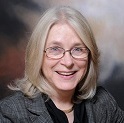
Janet P. Niemeier, PhD, ABPP (RP)
CHAIR
Director, John F. Butzer Center for Research and Innovation, Mary Free Bed Rehabilitation Hospital
University of Michigan and Michigan State University
Accomplishments & Plans
Our Task Force presented a well-attended symposium entitled, Use of Biometrics to Enhance Precision of Measurement in Rehabilitation Research: Findings and Exemplars during the ACRM Core Conference 2018 in Dallas, Monday, October 1st. Presenters were Jan Niemeier, Ann Van de Winckel, Caroline Schnakers, and Emily Rosario with Keith Lohse as a non-presenting contributor.
We hope to complete and present a “mapping review” about what is being published on this topic as well as who is publishing. This paper will address the potential benefit of cross-talk between the sports concussion, civilian TBI, and military blast injury domains of study related to biomarkers.
CURRICULUM TASK FORCE
Co-Chairs
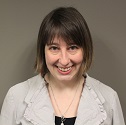
Task Force Update
The Curriculum Task Force has been busy the last few months. We previously developed a framework for recommended measurement components in rehabilitation science program curricula, both for clinical training programs and research (PhD) programs. We developed and sent out a survey to assess the current state of measurement education in rehabilitation science programs. After receiving early feedback on this survey, we paused our data collection to refine our approach.
Over the last few months, we have collected information on courses taught in rehabilitation science programs from University websites and have identified specific people within each program who teach measurement related content and will be best able to answer our survey.
We plan to categorize the courses taught in rehabilitation programs based on the nature and level of measurement content included, refine our survey, and redistribute it to those identified as the best contacts within each program. We are working in collaboration with the Rehabilitation Measures Database Task Force on a proposal for ACRM 2019, where we hope to present the outcomes of our completed and planned efforts.
NEW KNOWLEDGE TRANSLATION TASK FORCE
Accepting Members
This is a newly forming group that will be led by the MNG Communications Officer. As a new group, we see alignment with existing task forces in that our goal is to translate new knowledge into practice as it relates to measurement. Some of the key objectives that will shape how we take on projects in 2019 are:
- Understand the translation of measurement concepts, measures and their applications into clinical practice and research.
- Contribute to the evidence in understanding the factors related to uptake and implementation of standardized assessments in clinical practice.
- Disseminate the mechanisms to facilitate knowledge translation surrounding measurement-related applications.
Chair
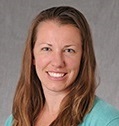
Jennifer Weaver, PhD(cand.), MA, OTR/L
CHAIR
Research Associate, Advanced Metrics Lab and PhD Candidate
Translational Health Science, Department of Clinical Research and Leadership
George Washington University
Opportunities
Members of this group as well as the other MNG task forces contribute by writing original articles for MNG newsletter which is distributed to its members on a quarterly basis. We are excited to see new members join this Task Force and facilitate the knowledge translation of measurement.
LONG-TERM COMMUNITY MEASUREMENT TASK FORCE
What started out as a proposed mental health assessment task force morphed into a broader task force looking at long-term and community-based assessment. The first project from this task force focused on mental health assessment in rehabilitation practice. We developed a survey, with feedback from the Measurement Networking Group and selected experts in the field outside of the MNG, and disseminated it to rehabilitation practitioners. Results of this survey have been published and were presented at ACRM 2018, where the poster won the MNG Best Early Career poster award. We continue to seek ideas for other projects to come out of this survey.
Chair
Opportunities
We are currently working in collaboration with the Brain Injury Special Interest Group Chronic TBI Task Force, the Stroke International Special Interest Group, and the Technology Networking Group to conduct a review of the literature on the use of mobile health technology for assessment for individuals with acquired brain injury. This collaborative group met at ACRM 2018 and will begin work in earnest after the first of the year and are currently seeking additional collaborators.
REHAB MEASURES DATABASE
The Rehabilitation Measures Database (RMD) Task Force formed in 2016 to develop and enhance the content of the RMD, an online summary of instruments used by rehabilitation nurses, therapists and physicians, to help them select standard assessments to monitor patient progress. The RMD collaborates with various institutions to enhance measurement and assessment content through the contribution of instrument summaries to the RMD online database. Recently, the RMD Task Force assisted in developing an Author Toolkit for instrument summaries, published instrument summary “tear sheets” in Archives of Physical Medicine and Rehabilitation, conducted a “crosswalk” project to integrate NINDS’ Common Data Elements, and presented progress at ACRM’s Annual Conference in October, 2018.

Allen W. Heinemann, PhD, ABPP (RP), FACRM
CHAIR
Professor, Northwestern University
Co-Editor-in-Chief, ACRM Archives of Physical Medicine and Rehabilitation
Join Us!
We are currently working on a symposia submission for the 2019 ACRM Annual Conference in Chicago, IL. We are also looking for contributors to author instrument summaries related to employment, vocation, and accommodations. Please reach out to the Chair if you are interested in joining the Task Force and/or contributing an instrument summary to RMD!
REPORTING RASCH MEASUREMENT STUDIES TASK FORCE
This task force recently formed in 2018 to address emerging best practices in reporting Rasch measurement studies. The increasing number of studies using Rasch measurement as part of instrument development and the increasing variety of software programs available for conducting these analyses is reflected in the diversity and heterogeneity in how results of these studies are reported.
This task force is co-chaired by Trudy Mallinson and Ann van de Winckel with the goal of providing current best practices guidance for reporting the results of Rasch measurement studies. They are joined by a large group of collaborators who are reviewing the literature to evaluate how Rasch measurement is currently reported within a reliability and validity framework.
Co-Chair
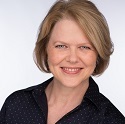
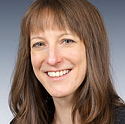
Ann van de Winckel, PhD, MSc, PT
CO-CHAIR
Assistant Professor of PT
University of Minnesota
Update & Opportunities
The task force is in the preliminary stages of drafting a manuscript and we will seek input from the MNG membership community as we proceed to ensure the work reflects an international perspective. The task force meets monthly via teleconference and welcomes participation by any MNG members who are interesting to contributing to this work. Please contact Ann or Trudy if you wish to contribute to this effort.
Task Force Members include: Linda Ehrlich-Jones, Namrata Grampurohit, Allen Heinemann, Mark Johnston, Al Koslowski, John Melvin, Lauren Terhorst, & Jen Weaver
TERMINOLOGY TASK FORCE
The Terminology Task Force (TTF) continues work to define its scope and deliverables for the long term. The overall purpose of the TTF is to review usage of measurement terminology in rehabilitation literature, and to make recommendations to the MNG to establish standards. To date, the TTF has compiled an initial list of measurement terms, and another list of measurement terminology references and resources.
Chair
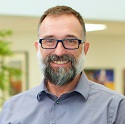
Allan Kozlowski, PhD, BSc (PT)
CHAIR
Assistant Professor
Mary FreeBed Rehabilitation Hospital
Michigan State University
Task Force Update
The first task to be defined by the TTF is to conduct a review of usage of validity-related terms in rehabilitation literature. The rationale for this task arose from discussions among TTF members regarding the two prevailing perspectives on defining the concept of validity and categorizing related terms, both of which arose from psychology and education disciplines.
The traditional perspective defines validity, either implicitly or explicitly, as a measurement property of the instrument. Terms are then categorized as types and sub-types of validity that describe different methods of inferring contexts in which the instrument is valid for use. The contemporary perspective defines validity in terms of score interpretation, which implicitly acknowledges that instrument can produce valid scores in one context and invalid scores in another. Rather than categorizing types, this perspective defines methods of establishing evidence for use of an instrument in which valid scores can be produced.
The expected deliverable for this task is a manuscript to be submitted for peer review which will describe current term usage as type, frequency, and context of validity-related terms, to identify discrepant usage, and to provide recommendations for standard usage where discrepancies are found. The review and manuscript process used for this first task will provide a template on which usage of other classes of measurement terms can be appraised.
Future Opportunities
The TTF is currently comprised of six members: Tanja Laukkala, Jan Niemeier, Jenni Moore, Noelle Carlozzi, Ann Van de Winckel, and Al Kozlowski (Chair). While interested in adding members in the future, the TTF has decided to limit its membership while establishing procedures for literature review. Once in place, we will invite additional members to form sub-groups to apply the review methodology to other terminology classes, such as those related to reliability and measurement of change. If you are interested in the TTF, contact Al Kozlowski.


